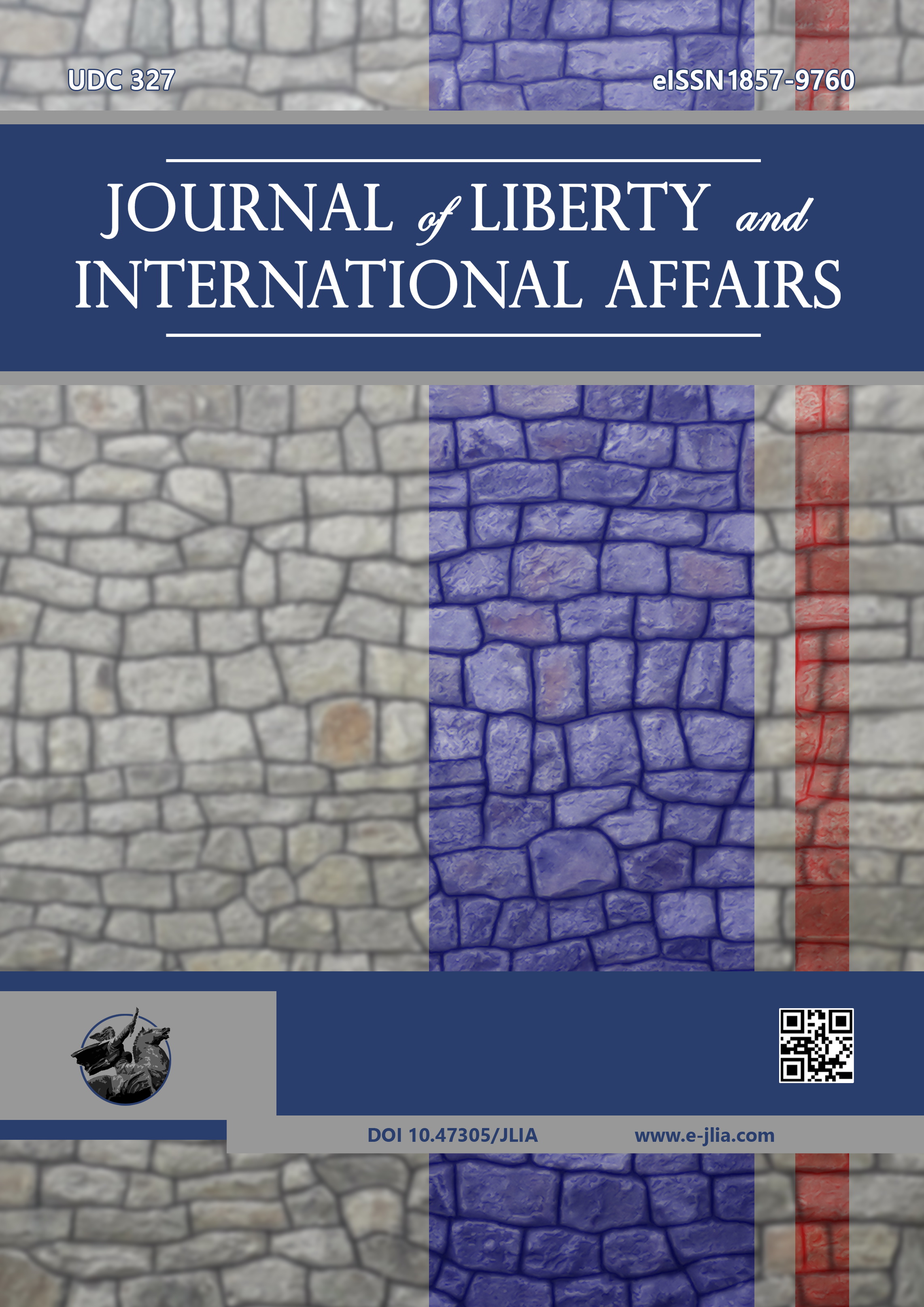THE ROLE OF THE JUDICIARY IN RECOGNIZING AND IMPLEMENTING INTERNATIONAL LAW: A COMPARATIVE ANALYSIS WITH SPECIAL REFERENCE TO SRI LANKA
THE ROLE OF THE JUDICIARY IN RECOGNIZING AND IMPLEMENTING INTERNATIONAL LAW: A COMPARATIVE ANALYSIS WITH SPECIAL REFERENCE TO SRI LANKA
Author(s): K.A.A.N. ThilakarathnaSubject(s): Law, Constitution, Jurisprudence, Constitutional Law, Civil Law, International Law, Human Rights and Humanitarian Law, Philosophy of Law, Sociology of Law, Commercial Law, Court case, Comparative Law, Administrative Law, Labour and Social Security Law
Published by: Institute for Research and European Studies - Bitola
Keywords: International Law; Judicial Activism; Constitutional Law
Summary/Abstract: International law had had a profound impact and influence on the domestic legal system in the contemporary world. However, the status of international law within the domestic legal system is not properly defined in many of the jurisdictions including Sri Lanka. In the absence of such a constitutional provision, the judiciary as the last bastion of hope has a responsibility of interpreting domestic law in light of the international standards that have been agreed upon by the country through ratification of international treaties and those principles of customary international law that has become binding on the country. However, too much judicial activism could jeopardize the constitutional fundamentals of separation of powers and the rule of law. Therefore, this study argues that the best way to resolve this issue is by providing a constitutional provision for the role of the judiciary in the recognition and implementation of international law in a domestic context. Using a qualitative methodology with a comparative analysis of the constitutional provisions of the selected jurisdictions of India and South Africa a proposal is made for a constitutional provision for the judicial role in the recognition and implementation of international law in Sri Lanka. The results have revealed that a constitutional provision would help to advance the separation of powers and the rule of law and to well define the role of the judiciary in absorbing international treaty law to the domestic sphere, making the law more certain and predictable and upholding the rights and duties of individuals in a domestic context while fulfilling international obligations of a country under the domestic legal system.
Journal: Journal of Liberty and International Affairs
- Issue Year: 7/2021
- Issue No: 2
- Page Range: 128-140
- Page Count: 13
- Language: English

